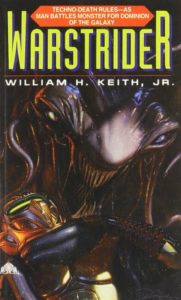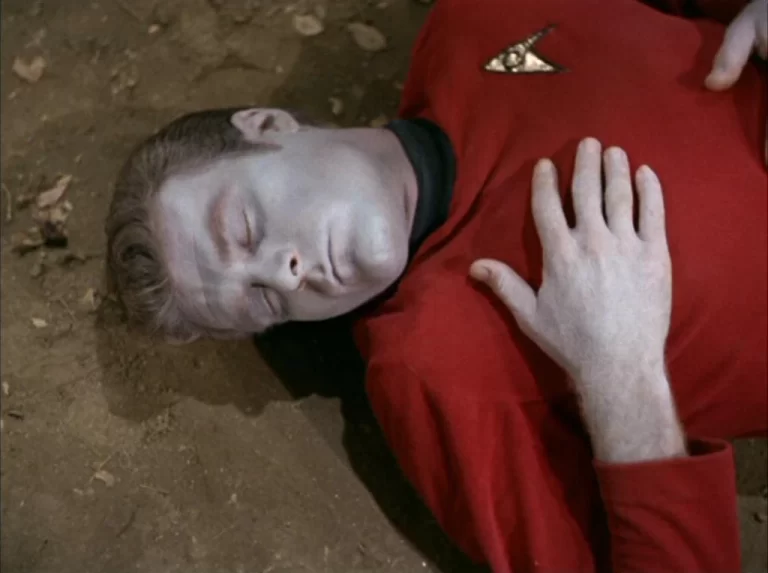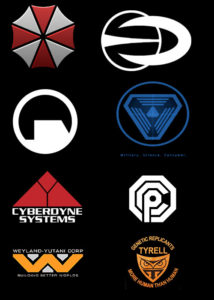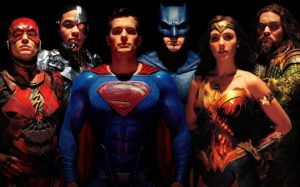(Originally posted on
The Warstrider series entered by consciousness way back in the early 90s. I only became aware of it because the author, a William H. Keith Jr., wrote several Battletech books. Those Battletech books, while game books, were so outstanding I instantly started following the Warstrider books.
They didn’t disappoint.
The series begins in the 26th century, set in a future space empire ruled by Japanese. The empire is strongly prejudiced against non-Japanese citizens. Despite that, the main character, Dev Cameron, joins the Imperial Military. He does so to help the reputation of his father, who died in disgrace during Imperial service. This death happened in connection to a war against the Xenophobes.
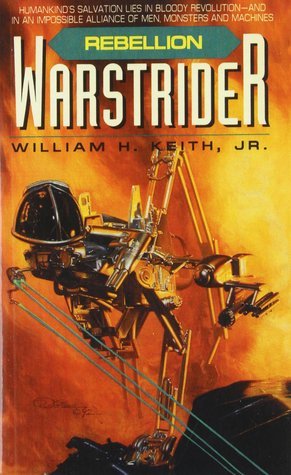
The Xenophobes are an alien species which dwell underground on several planets. They tunnel easily through the earth and consume any minerals and technology they encounter. Ignoring all attempts to communicate, the Xenophobes annihilate all other life forms.
Dev enters into battle against these foes, first as an infantryman and later as a warstrider (mech) pilot. The series starts out as a simple military sci-fi story of rah-rah action. It doesn’t stay that way.
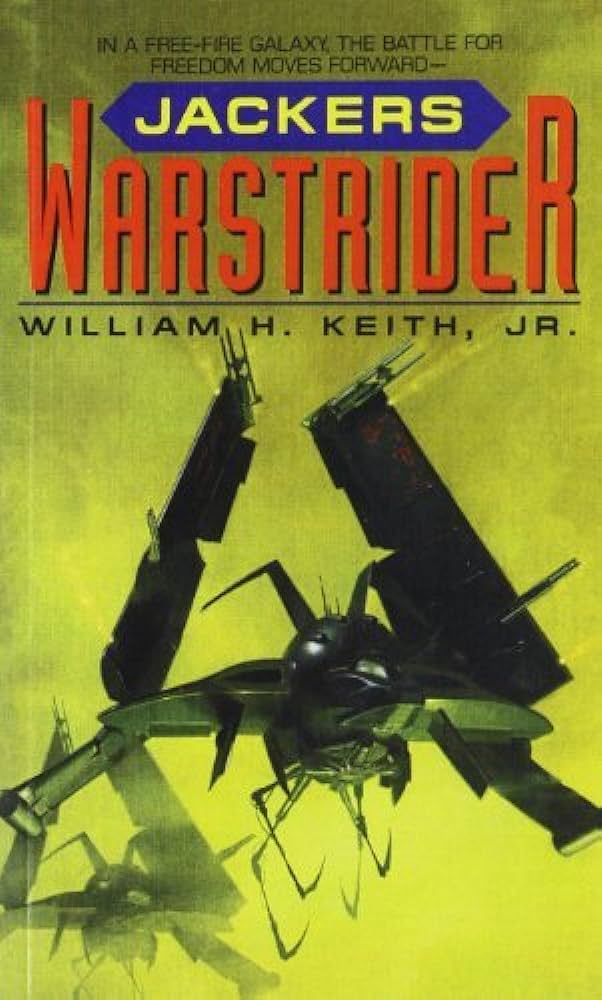
First, this is the first series I read that used nanotechnology as a major plot point. Both the humans and Xenophobes (later renamed ‘Nagas’) make extensive use of it. The implications of nanotech are explored in war, medicine and the nature of humanity. There is a major power creep in the series, reminiscent of E.E. “Doc” Smith’s books. Unlike Smith’s books, however, Keith does his best to maintain a level of hard science. He approaches nanotech, biotech, virtual reality, mental links, quantum communication and even space and time warps with scrupulous detail.
Second to that is examination of political systems and how they might work (or not work) in a space civilization. This was my first serious encounter with the concept of classical liberalism or Libertarianism. It was also (at the time) dealing with the U.S.’s paranoia over the growing power of Japan. Most of the action is between the breakaway Confederation and the Hegemony/Empire, rather than against aliens
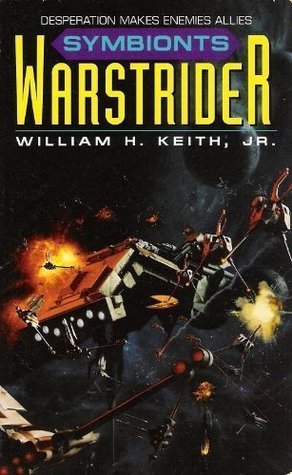
Third, it tries to approach alien mindsets, first with the Nagas and later with other alien races encountered by humanity. In later books it deals with the concept of humanity’s minds interlinked through technology becoming a new entity.
Finally, it’s an outstanding war story. Keith keeps the action going even when the methods and even the concepts of warfare change beyond easy comprehension. He also keeps the stakes personal, even when all of humanity becomes a giant “Battlemind” fighting against a robotic group mind from the center of the galaxy(!)
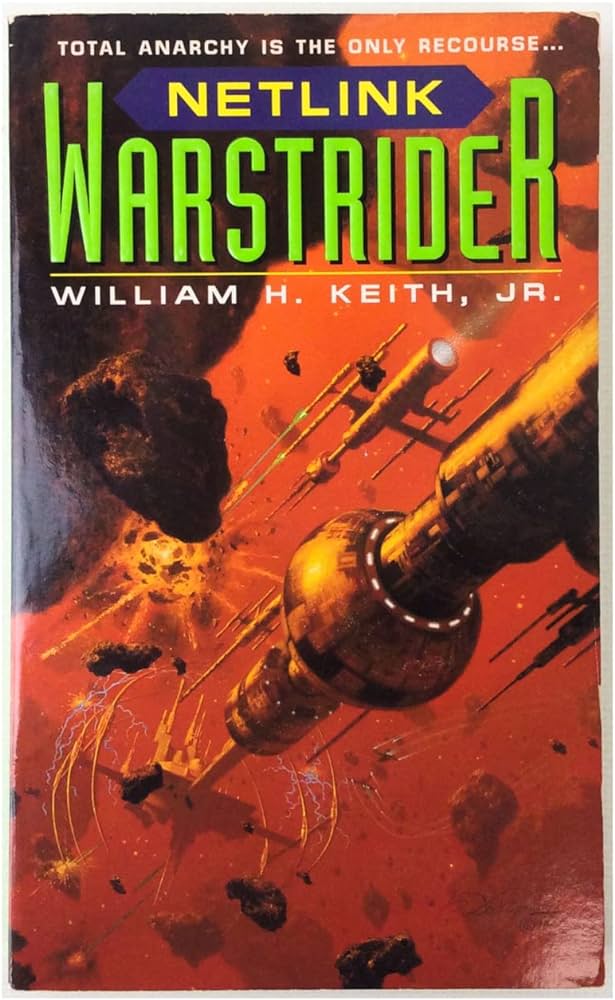
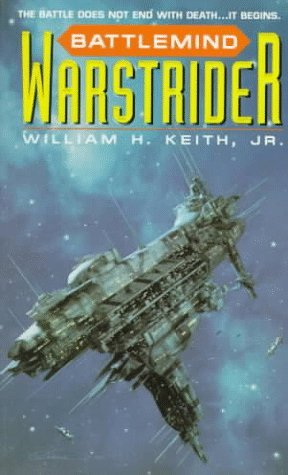
Keith’s work blew me away when I read it in the 90s and hasn’t lost its punch. The concepts are pretty crunchy, but Keith manages to give the elements to you in bite-size pieces. The technology is also a bit prescient, I think. The potential of nanotechnology is staggering IRL.
Warstrider is so layered, I can’t really do it justice in a brief review. I recommend you check it out. It’s available on Amazon, only now it’s under another of Keith’s pen names: Ian Douglas.
